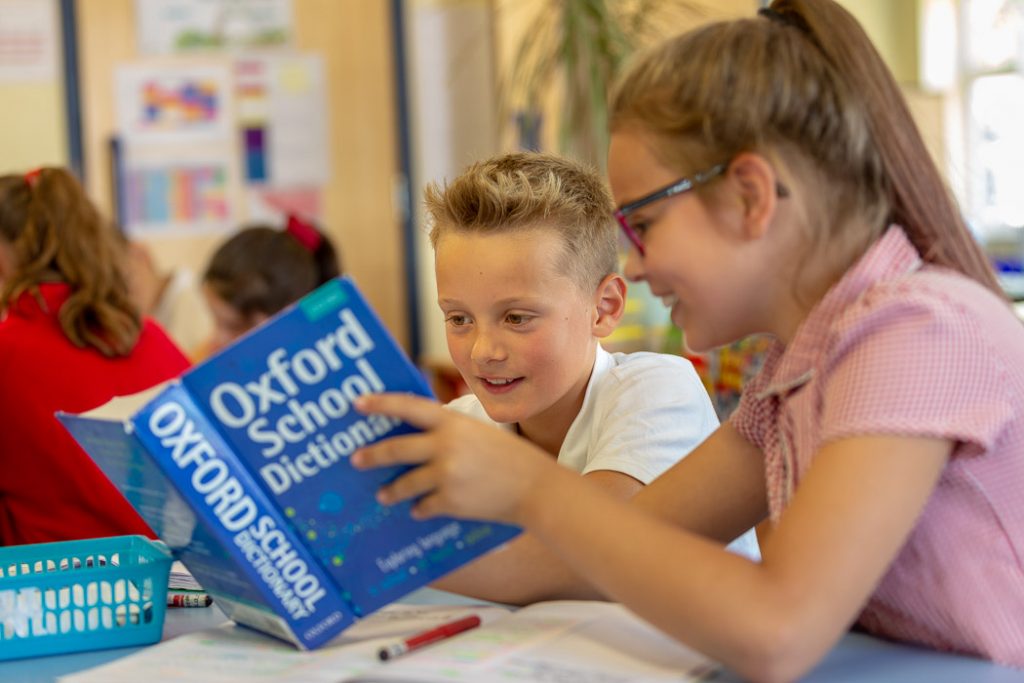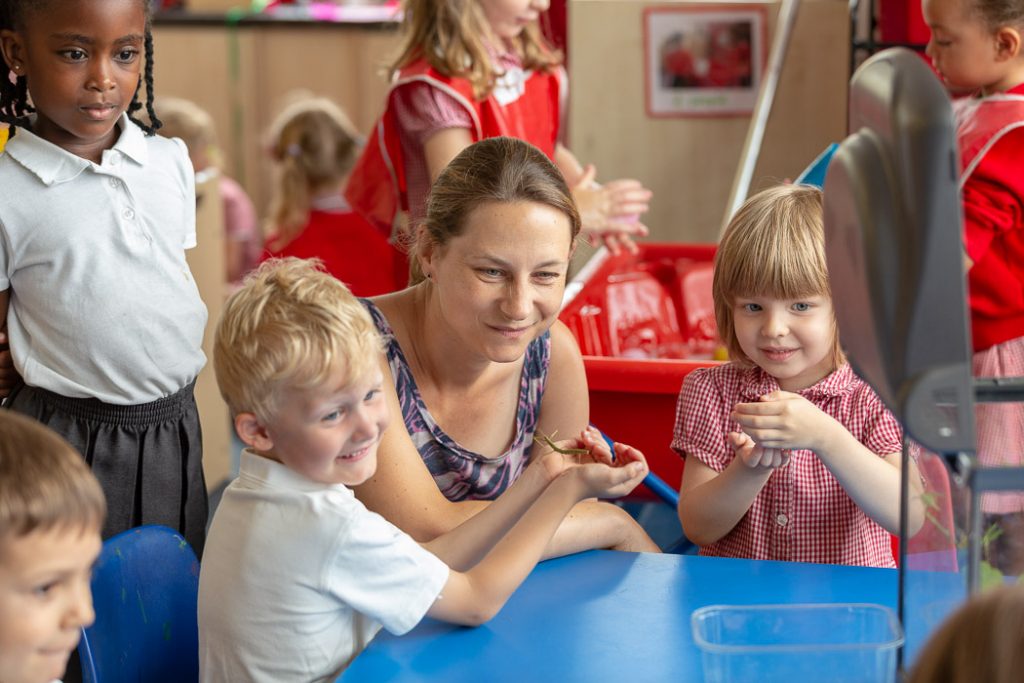About us

Research Theme
Across the University of Reading, there are five key research themes. The research works conducted at the Institute of Education and around 10 other departments are broadly grouped under the Prosperity & Resilience Research Theme. Some of the key questions addressed by this research theme includes: What are the institutions and practices that help people and society to prosper? How do they help us build resilience against economic, social, political or environmental shocks?
Research Division
All research projects conducted at the Institute of Education are part of the Education, Language and Learning (ELL) Research Division, which is currently divided into two Research Groups as outlined below.
Research Groups
The following two Research Groups have been identified as areas of strategic importance for the future and both are concerned with fundamental questions relating to how prosperity and resilience can be achieved through education.
The Language and Literacy in Education Research Group
Work in this area investigates the development of language for those with and without special educational needs, as well as second language acquisition. Unique features include our research on foreign and second language education, pedagogy for learners with English as an additional language and other bilingual learners, reading, writing and vocabulary development, and eye movements during reading. Many researchers in the language area are members of the Centre for Literacy and Multilingualism, with which they collaborate closely. For more information about this research group, please click here.

The Improving Equity and Inclusion through Education Research Group
In this area of research, we largely focus on educational equality, inclusion and social justice, encompassing health, social mobility, and the role of class, ethnicity and gender in engagement, among other things. We also explore teacher cognition, values in teaching and learning, and the impact of pedagogy and practice on educational outcomes. Interests range from early years to the lifelong learning of adults. Individual subject areas, such as Mathematics, History and Science are also researched by several members of the group, with success in these subjects making important contributions to improved life chances. For more information about this research group, please click here.

